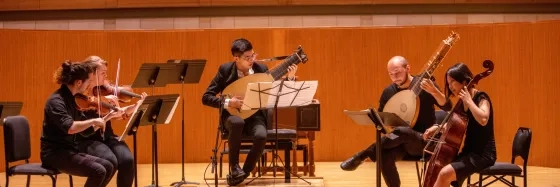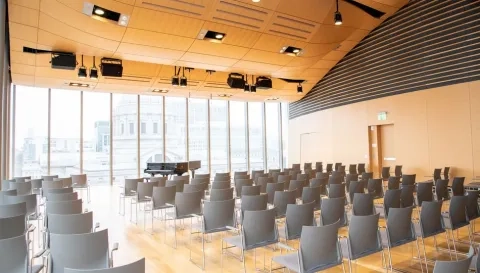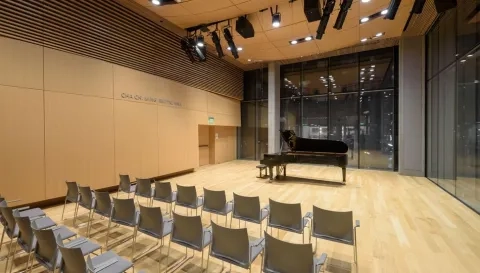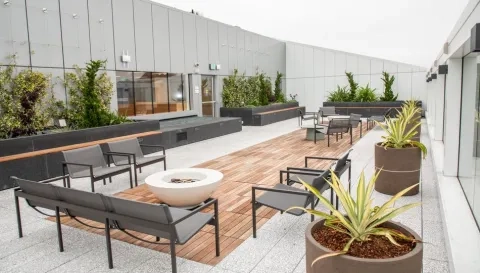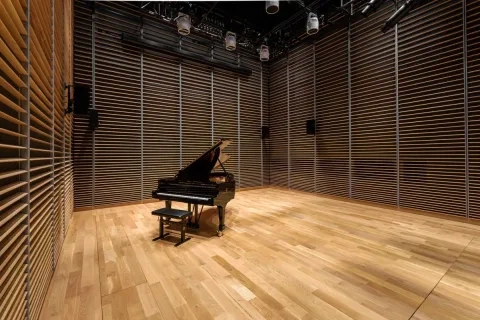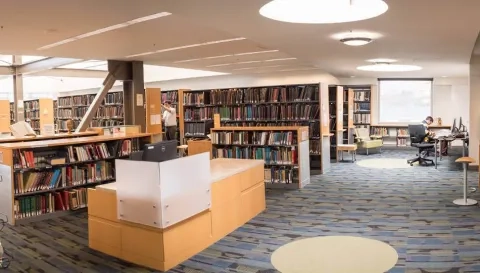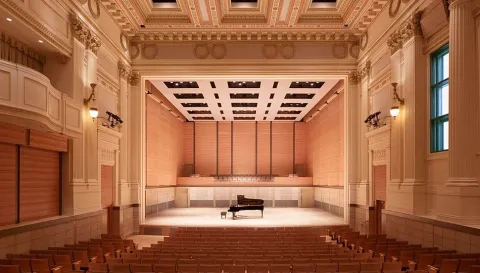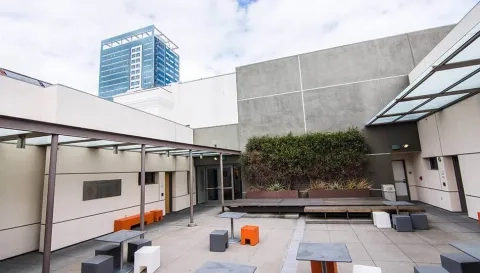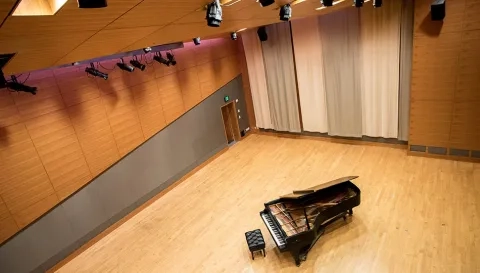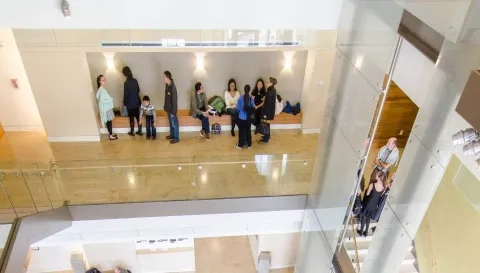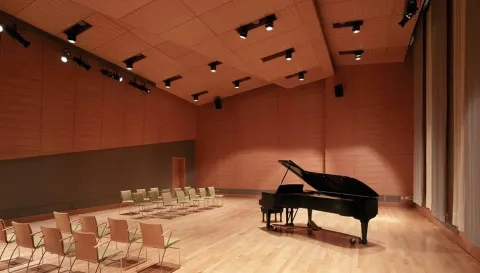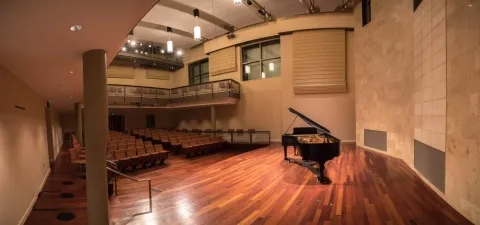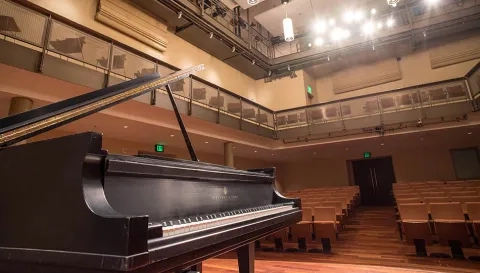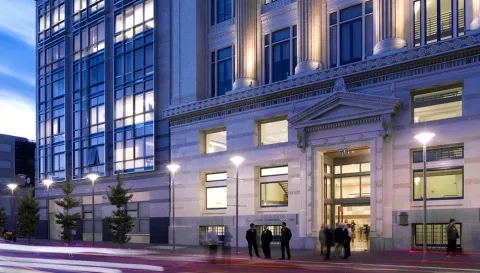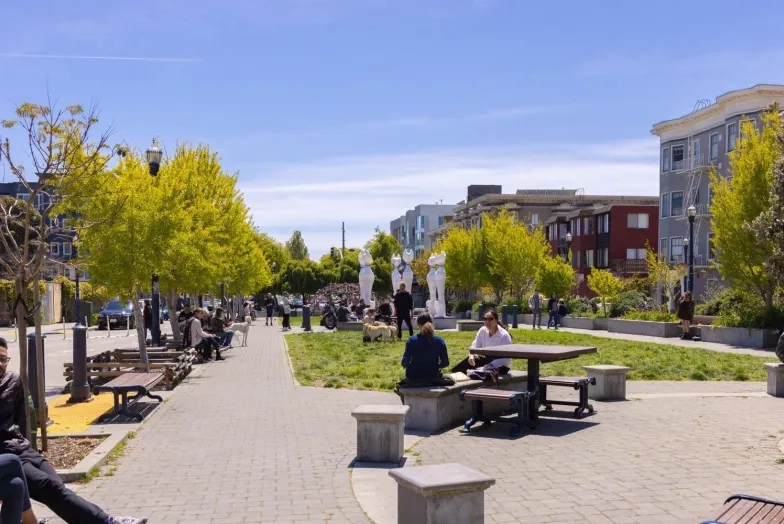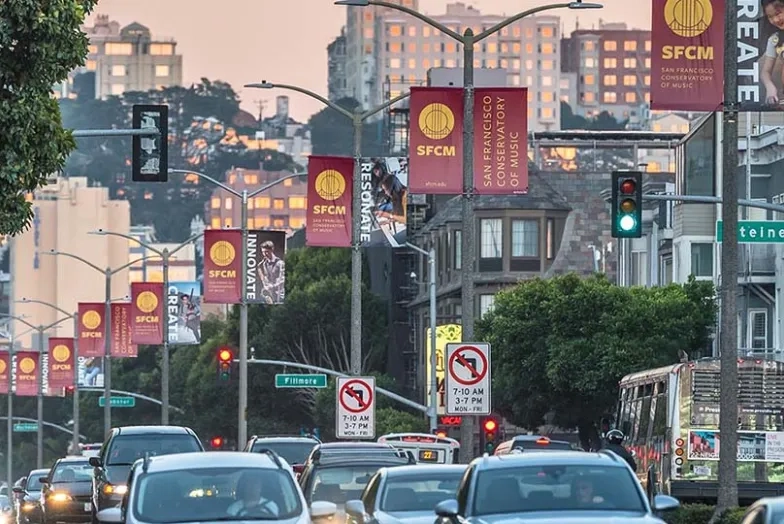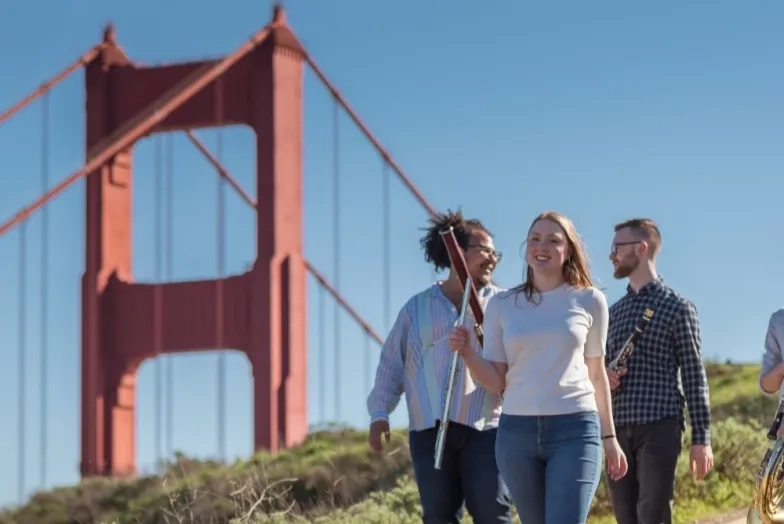Historical Performance Auditions
Collegiate Apply / Request Information
Welcome, historical performance students!
Below are the audition requirements for the Historical Performance area. For full details—including application requirements and audition dates—please visit our Application & Auditions page.
Audition requirements are updated each September for the upcoming application cycle.
Live auditions will be held on campus in San Francisco. If you’re unable to attend in person, virtual auditions via video recording are available upon request once the audition scheduling module opens. Additional details can be found on the Application & Auditions page.
SFCM Historical Performance
Historical Performance opportunities in performance and academic courses are open to all SFCM students. We seek to stimulate a vivid dialogue between students, faculty, guest artists, and audiences about the important place of historical performance in music making today. Our acclaimed period instrument Baroque Ensemble performs regularly throughout the year. Our remarkable period instrument collection includes instruments from the seventeenth century to the present. A full complement of baroque violins, violas, celli, double basses, viols, historical plucked strings, historical keyboards, transverse flutes, baroque oboes and bassoons are available to all SFCM students. Read more about Historical Performance.
